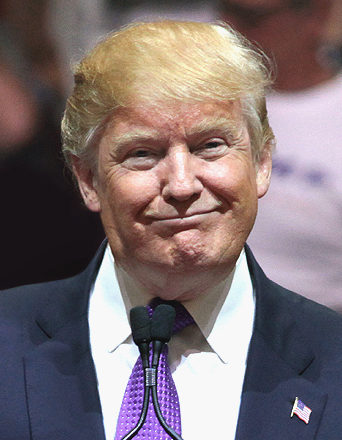A nation must think before it acts.
On January 20, 2017, President-Elect Trump will inherit a powerful array of international challenges, capabilities, and opportunities. Insofar as there is any plausible focus within the modern federal government for the imposition of an overarching coherence on US foreign policy, it centers on the president himself. If we define strategy—wrongly—as a prefabricated plan, carried out to the letter against all resistance, then clearly no president and probably no world leader has ever had such a strategy or ever will. But if we adopt a more realistic and less stringent definition, then we see that all presidents necessarily make strategic choices and decisions based at least partially on their preexisting assumptions. The inescapable nature of limited resources, hard choices, and policy trade-offs means that strategic decisions are both implicit and inevitable. Here, defeatism is of no practical help.
Some of the new administration’s leading positions have yet to be specified. Subject to congressional confirmation, it looks as though key members of the president’s national security and foreign policy team may include James Mattis as secretary of defense, Rex Tillerson as secretary of state, Michael Flynn as national security adviser, Mike Pompeo as CIA director, Nikki Haley as ambassador to the United Nations, Steve Mnuchin as secretary of the Treasury, Wilbur Ross as secretary of commerce, John Kelly as secretary of homeland security, and of course Mike Pence as vice president. Viewed as a whole, this is a conservative, qualified, and relatively hard-line group, with some useful diversity of views and backgrounds. These are strong-minded people who will tell Trump what they think. Most speculation right now centers on personnel and policy, and naturally they must be got right. But it’s worth taking a moment to consider how the next president will make important foreign policy decisions because this too is practical and essential to success.
No formal arrangement for national security will work if it does not fit the personality of the president or does not have his confidence. On the other hand, any one of several techniques could be of considerable help if the next president wanted to develop and impose a successful strategy on US foreign policy. Because these are literally matters of life and death, such an imposition would be appropriate.
Continue reading, “Strategic Planning for the New Administration.”




